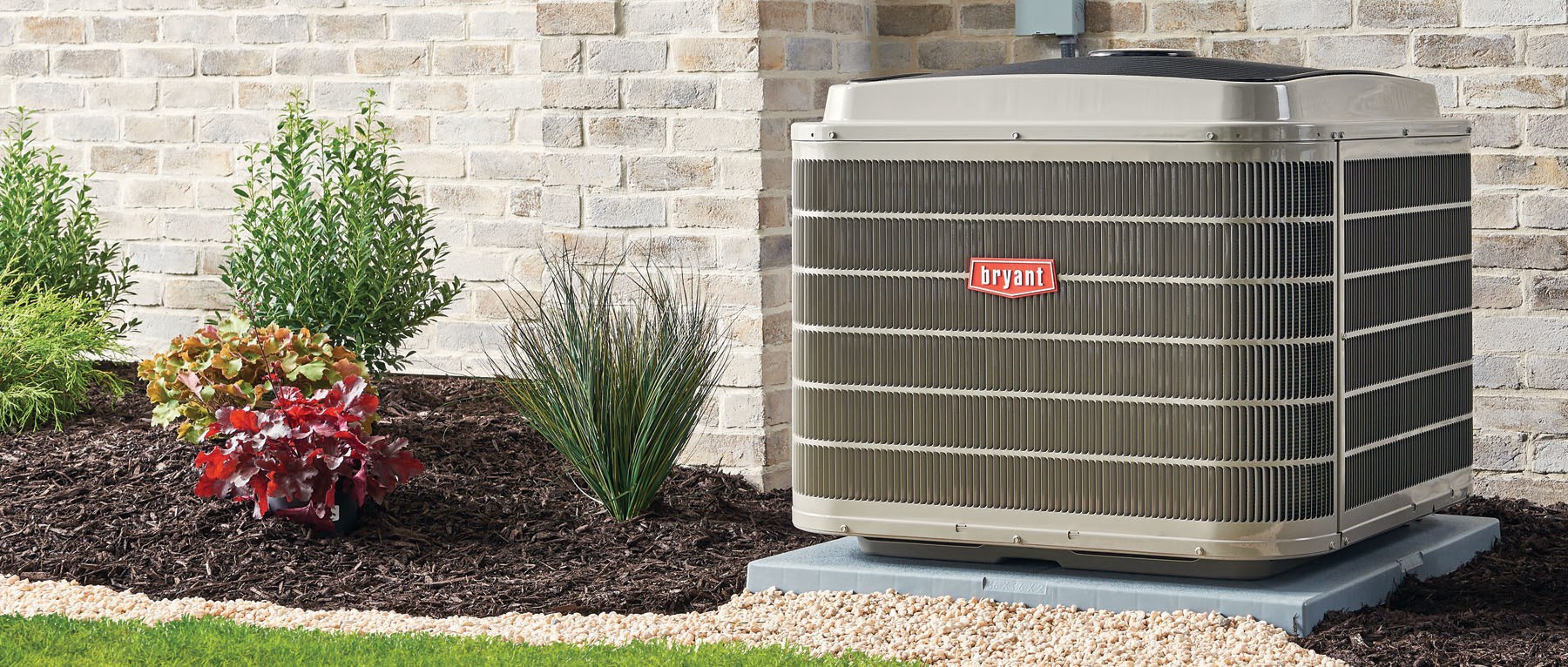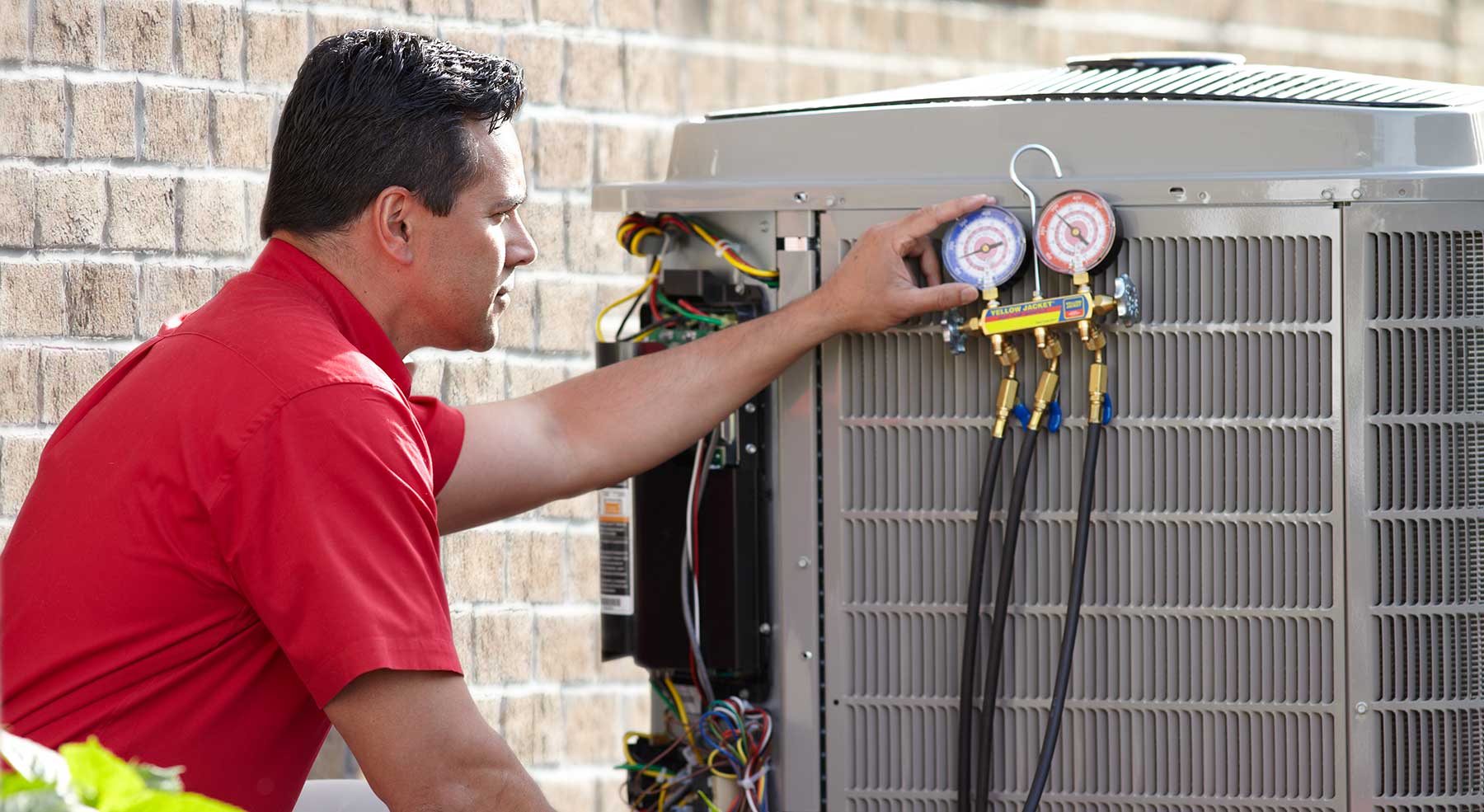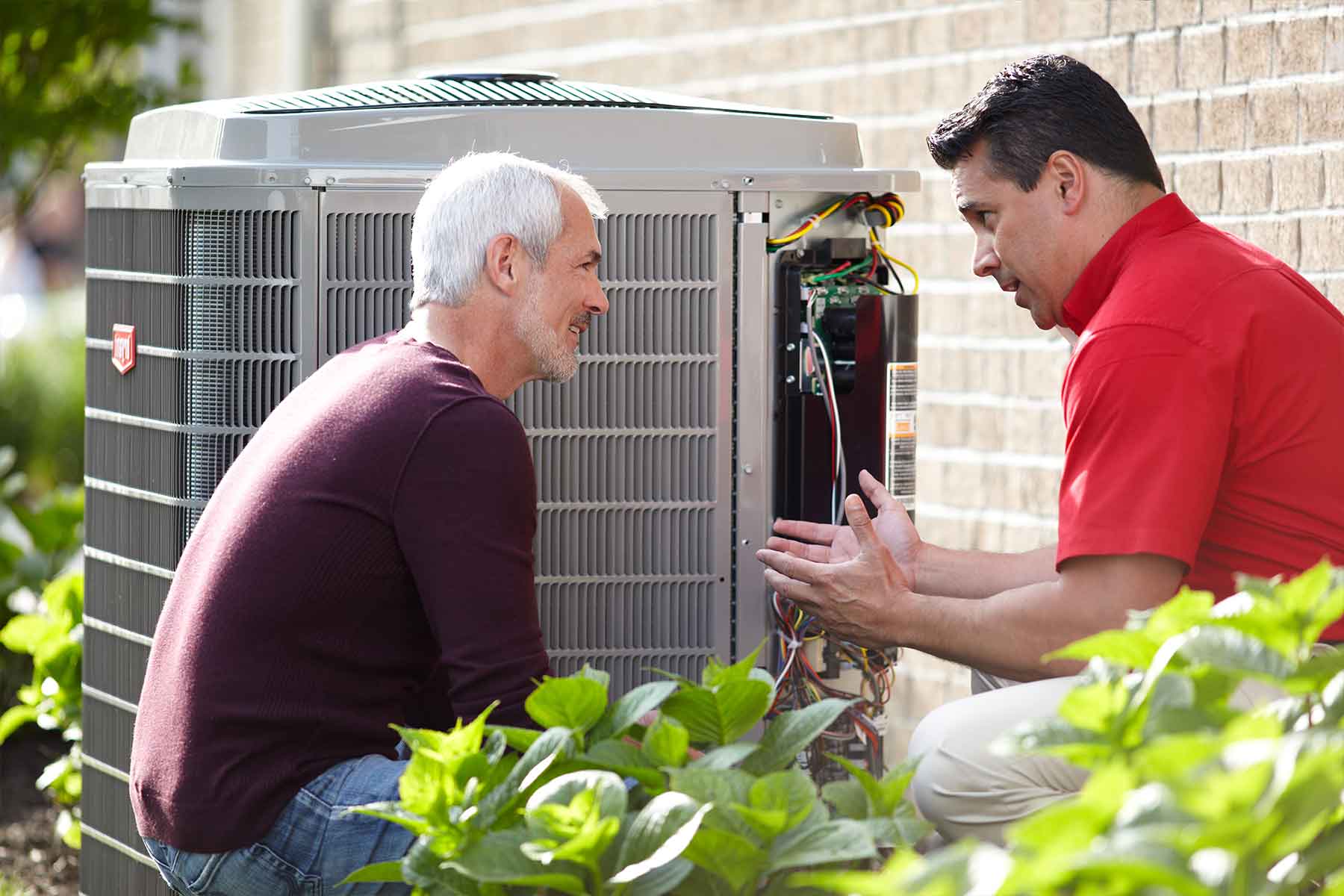When the summer heat becomes unbearable, the thought of investing in an air conditioning unit often crosses our minds. But how much should you actually budget for comfort? This article aims to demystify the costs associated with air conditioning systems, from installation to maintenance, and help you make informed decisions that won't break the bank.
Understanding Air Conditioning Systems
What is an Air Conditioning Unit?
An air conditioning unit is a system designed to regulate indoor temperatures, providing a comfortable living environment during hot weather. It works by removing heat from inside your home and transferring it outside, effectively cooling the air.
Types of Air Conditioning Units
Central Air Conditioning: Ideal for large spaces, it cools multiple rooms through ducts. Ductless Mini-Split Systems: Perfect for homes without ductwork; they allow zoning and individual room control. Window Units: Affordable and easy to install, suitable for single rooms. Portable Air Conditioners: Versatile options that can be moved from room to room.How Does an AC System Work?
Understanding how your air conditioner operates is key to knowing what you're paying for. The main components include:
- Compressor: Pumps refrigerant throughout the system. Evaporator Coil: Absorbs heat from indoor air. Condenser Coil: Releases heat outside. Expansion Valve: Regulates refrigerant flow.
The Importance of Proper Budgeting
Why Budgeting Matters for AC Units
Budgeting ensures that you don’t overspend on unnecessary features or services. By understanding average costs and necessary expenses related to your air conditioner, you can avoid financial strain while enjoying a cool home.
Factors Influencing AC Costs
Type of Unit: Different types have varying price points. Installation Complexity: More complex installations require higher labor costs. Energy Efficiency Ratings (EER): Higher efficiency usually comes at a premium but saves money long-term. Brand Reputation: Well-known brands often offer warranties and better customer service.Cost Breakdown of AC Units
Initial Purchase Price
The initial cost can vary widely depending on the type and brand:
| Type | Average Cost Range | |----------------------|----------------------| | Central AC | $3,000 - $7,000 | | Ductless Mini-Split | $2,000 - $5,000 | | Window Unit | $150 - $600 | | Portable AC | $200 - $800 |
Installation Costs
Installation fees depend on various factors such as labor rates in your area:
- Central AC installation can range from $1,500 to $3,000. Ductless systems might incur similar costs due to complexity. Window units can typically be installed by the homeowner or may cost around $100 if a professional is hired.
Maintenance Costs
Regular maintenance is crucial for optimal performance:
- Annual servicing may cost between $75 and $150. Repairs (like ac repair) can vary based on issues but usually range from $100 to $400.
Long-Term Expenses Associated with AC Units
Energy Costs
Your monthly energy bill will increase with air conditioning usage:

- Central units average about 2,000 kWh per year. A window unit might consume around 500 kWh annually.
Using energy-efficient models can significantly reduce these costs over time.
Future Replacement Costs
AC systems have lifespans ranging from 10 to 15 years depending on top HVAC contractor maintenance and usage:
- Planning ahead for eventual replacements (like ac replacement near me) is wise. Budget between $2,500 and $6,000 when replacing older units.
DIY vs Professional Installation: What’s Best?
Advantages of Professional Installation
Hiring an HVAC contractor ensures proper setup and adherence to local codes:
Warranty protection Guaranteed safety Efficiency checks
DIY Considerations
While DIY may seem cost-effective:
- Risks include improper installation leading to costly repairs later (air conditioner repair).
Always weigh your skills against potential pitfalls before deciding on DIY options!
Choosing the Right HVAC Contractor
What Makes a Good HVAC Contractor?
Choosing an experienced HVAC contractor ensures quality work:
Verify licensing and insurance Check reviews online Ask about warranty offerings“Best HVAC Near Me” – Finding Quality Services
Utilize local resources like Google Maps or Yelp to find reputable contractors in your area!
When Should You Replace Your AC Unit?
Signs It's Time for a Replacement
If you're experiencing any of these issues, it might be time for an upgrade:
Frequent breakdowns High energy bills Inconsistent coolingCost-Benefit Analysis: Repair vs Replacement
Consider the age of your unit versus repair costs—if repairs exceed half the replacement price of a new model (including ac installation near me), it's probably time to invest in a new one!
Financing Options for Your New AC
Available Financing Solutions
Many companies offer financing plans which may include low-interest loans or even payment plans that fit within your budget constraints.
Common Financing Options Include:
Personal loans Credit cards Energy-efficient home improvement loansResearch thoroughly before committing!
Frequently Asked Questions About Air Conditioning Costs
Q1: How much do I need to budget monthly for energy costs with my new AC unit?
A1: Expect monthly energy costs between $50-$150 depending on usage and efficiency ratings.
Q2: Is it worth investing in high-efficiency models?
A2: Yes! They save more money long term despite higher upfront costs due to reduced energy consumption.
Q3: What’s included in routine maintenance?
A3: Routine maintenance typically involves cleaning filters, checking refrigerant levels, inspecting electrical components, etc.
Q4: Can I install my own unit?

Q5: Are there tax incentives available for new HVAC installations?

Q6: How do I choose between different types of AC systems?
A6: Consider factors like space size/requirements versus budget constraints—consult with HVAC experts when making this decision!
Conclusion
Investing in an air conditioning unit requires careful consideration of various factors—from initial purchase prices through ongoing maintenance expenses—to ensure you get value for every dollar spent while keeping your home comfortable year-round!
By budgeting smartly now based on insights gathered here; you'll not only achieve comfort but also protect yourself financially against unexpected future expenses related specifically tied into owning such equipment—truly achieving peace-of-mind alongside coolness indoors!